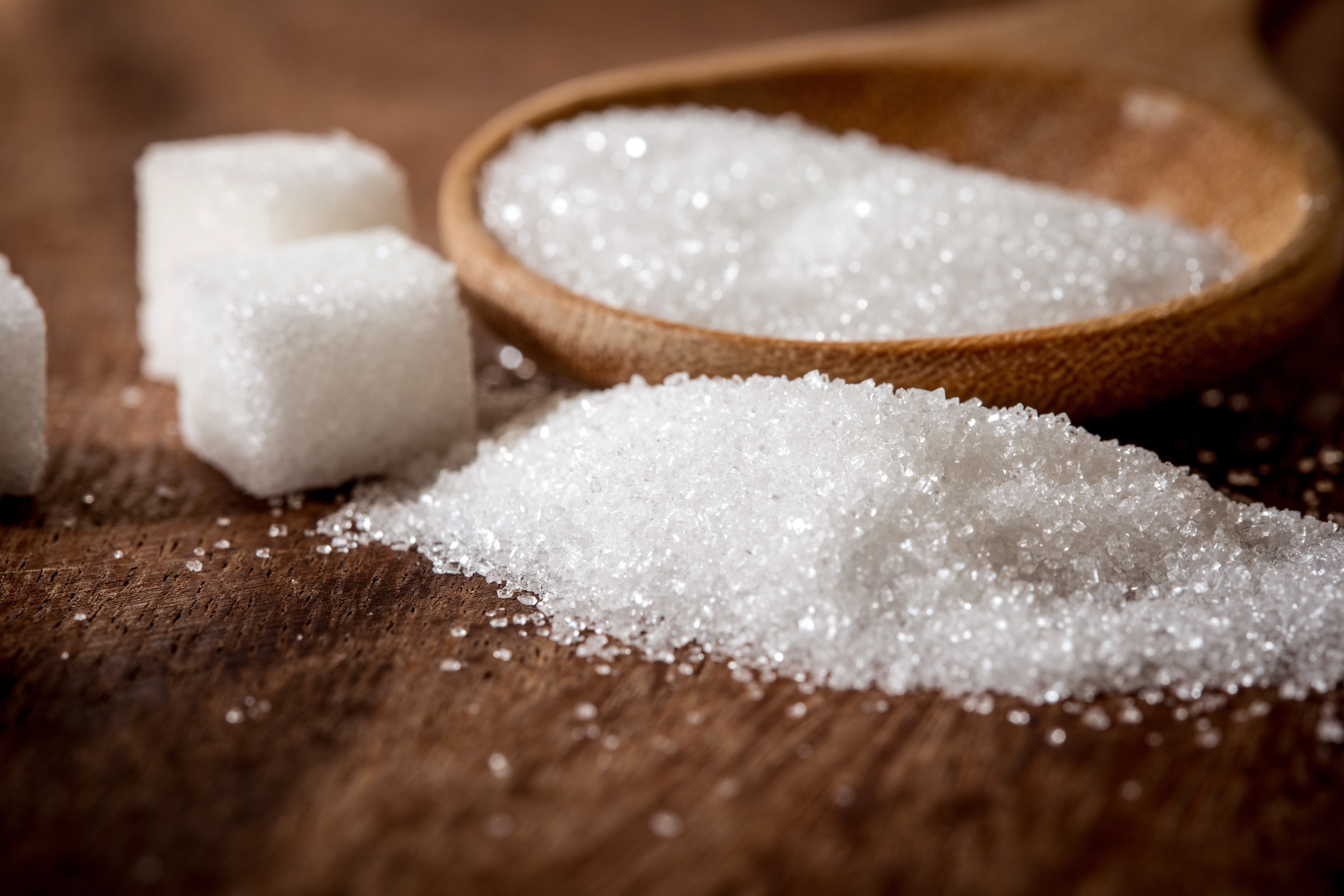
Sugar—it’s that familiar sweetness that makes desserts delightful, breakfast cereals enjoyable, and even savory dishes subtly irresistible. It’s one of the most consumed ingredients in diets worldwide, but over the years, sugar has gone from simply being a source of sweetness to a hotly debated topic in health, nutrition, and food culture. What’s the deal with sugar? Is it inherently bad for us? What is “added sugar,” and why does it get such a bad rap? In this blog, we’ll sift through the facts, bust the myths, and serve up a balanced perspective on sugar—its role in food, its impact on health, and how we can make more intelligent choices without demonizing it.
Natural vs. Added Sugars: What’s the Difference?
First things first: not all sugars are created equal. Natural sugars are found in foods like fruits (fructose) and milk (lactose). The naturally occuring sugars in these foods come with fiber, vitamins, minerals, and other beneficial nutrients. Your body processes these sugars differently because they’re accompanied by these other nutrients. Added sugars, on the other hand, are the concentrated sweeteners and syrups added to foods during processing or preparation. Think high-fructose corn syrup in soft drinks, maple syrup on pancakes, or the granulated sugar you might add to your morning coffee. These are the ones we need to watch out for.
The Many Faces of Added Sugar
Here’s where it gets tricky—added sugar is a master of disguise! Food manufacturers use over 60 different names for added sugar. Some common aliases include:
- Corn syrup and high-fructose corn syrup
- Dextrose, maltose, and sucrose
- Fruit juice concentrates
- Honey
- Pure maple syrup
- Molasses
- Agave nectar
- Brown rice syrup
- Evaporated cane juice
Just because something sounds natural (looking at you, organic brown rice syrup!) doesn’t necessarily mean it’s any better for you than regular table sugar.
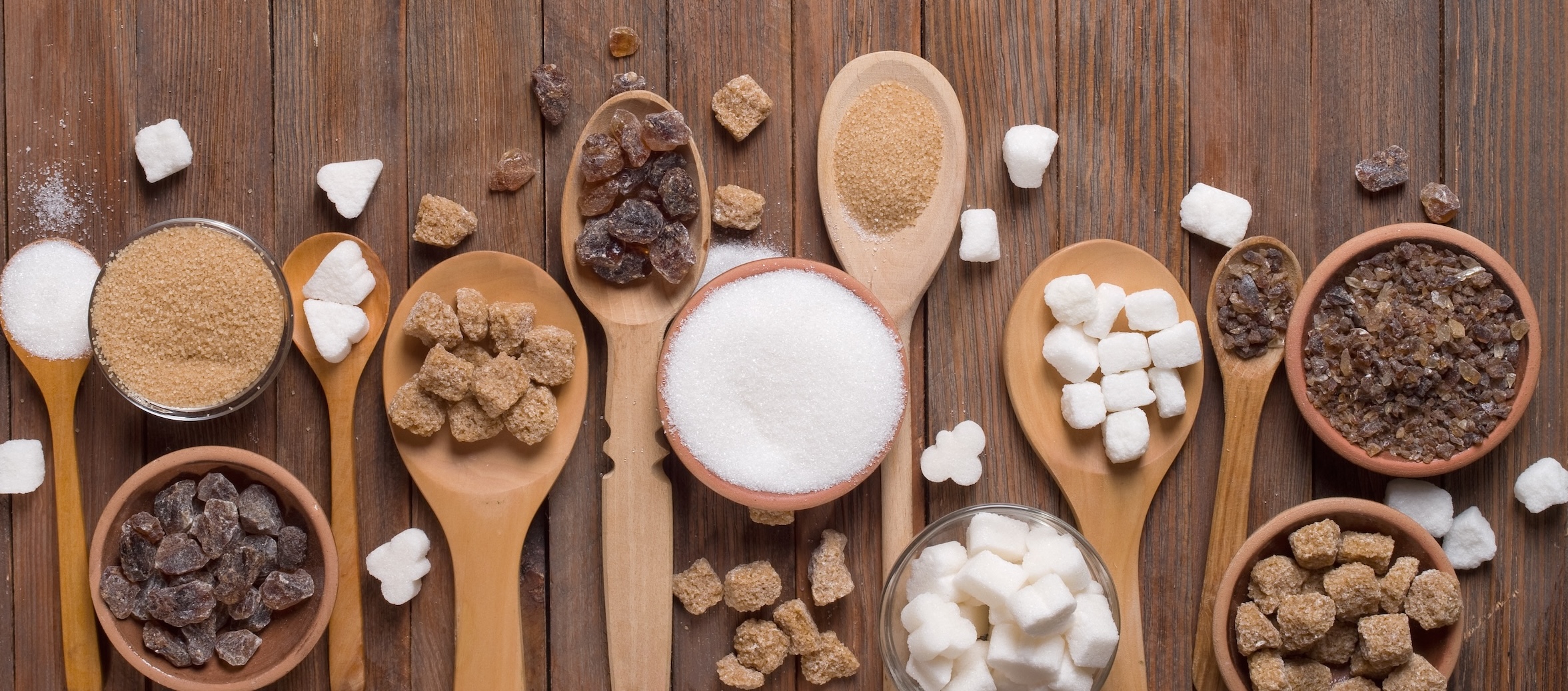
Where is All This Added Sugar Hiding?
You might think avoiding sweets is enough to cut back on sugar, but here’s the twist: added sugar lurks in places you might not expect. Sure, cookies, cakes, and candies are obvious culprits, but what about:
Sauces and condiments
Ketchup, barbecue sauce, and salad dressings can be loaded with sugar. That sweet tang often comes with a hefty dose of added calories.
Packaged bread and baked goods
Even seemingly savory bread often contains sugar to improve flavor or texture.
Beverages
Sodas, sweetened teas, energy drinks, and flavored coffee drinks pack a sugary punch. A single 12-ounce can of soda can have about 39 grams of sugar—more than the daily recommended limit for adults!
Breakfast foods
Granola bars, flavored yogurts, cereals, and pancake syrups are sneaky hotspots for excess sugar.
“Healthy” foods
Beware of the sugar content in items marketed as natural or healthy—smoothies, protein bars, and fruit juices can all be sugar bombs.
A quick glance at the nutrition label and ingredient list is often enough to spot added sugars. Look for names like sucrose, glucose, fructose, malt syrup, molasses, dextrose, and high-fructose corn syrup. Even more natural sweeteners, like honey, agave, or maple syrup, are technically added sugars.
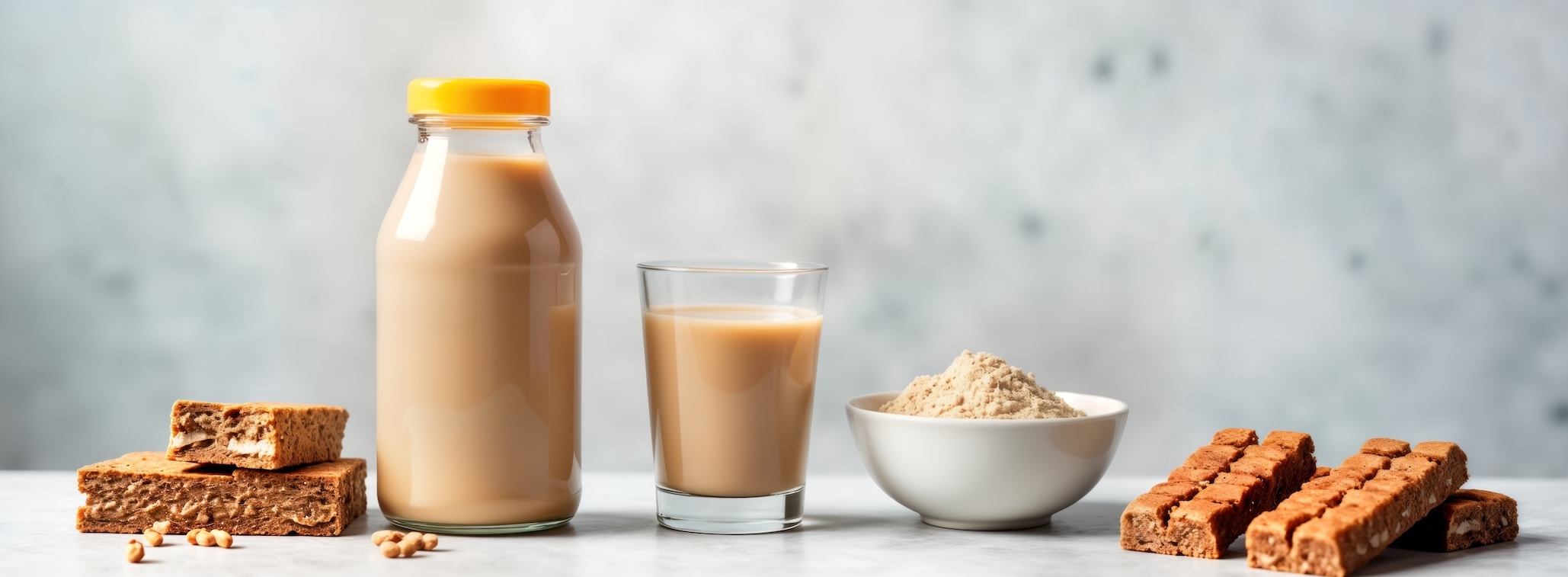
How Does Too Much Sugar Affect Health?
While sugar is not inherently harmful in moderation, excessive consumption of added sugars is linked to a range of health issues. Here’s a rundown of some of its effects:
Weight Gain and Obesity
Added sugars are calorie-dense but nutritionally empty. Consuming too many high-sugar foods and beverages can lead to overeating and weight gain, as sugar does little to suppress hunger.
Increased Risk of Type 2 Diabetes
Consistently high sugar intake may lead to insulin resistance—a condition where your body struggles to regulate blood sugar levels properly. It’s a key risk factor for developing Type 2 diabetes.
Impact on Heart Health
Added sugar is linked to higher triglyceride levels, increased blood pressure, inflammation, and a greater risk of heart disease. Sugary drinks, in particular, are associated with cardiovascular problems.
Tooth Decay
Let’s not forget the classic problem: added sugar feeds bacteria in the mouth, which can lead to cavities and dental issues.
Metabolic Health Issues
When consumed in excess, sugar, particularly fructose from sweetened beverages and processed foods, contributes to the development of fatty liver disease.
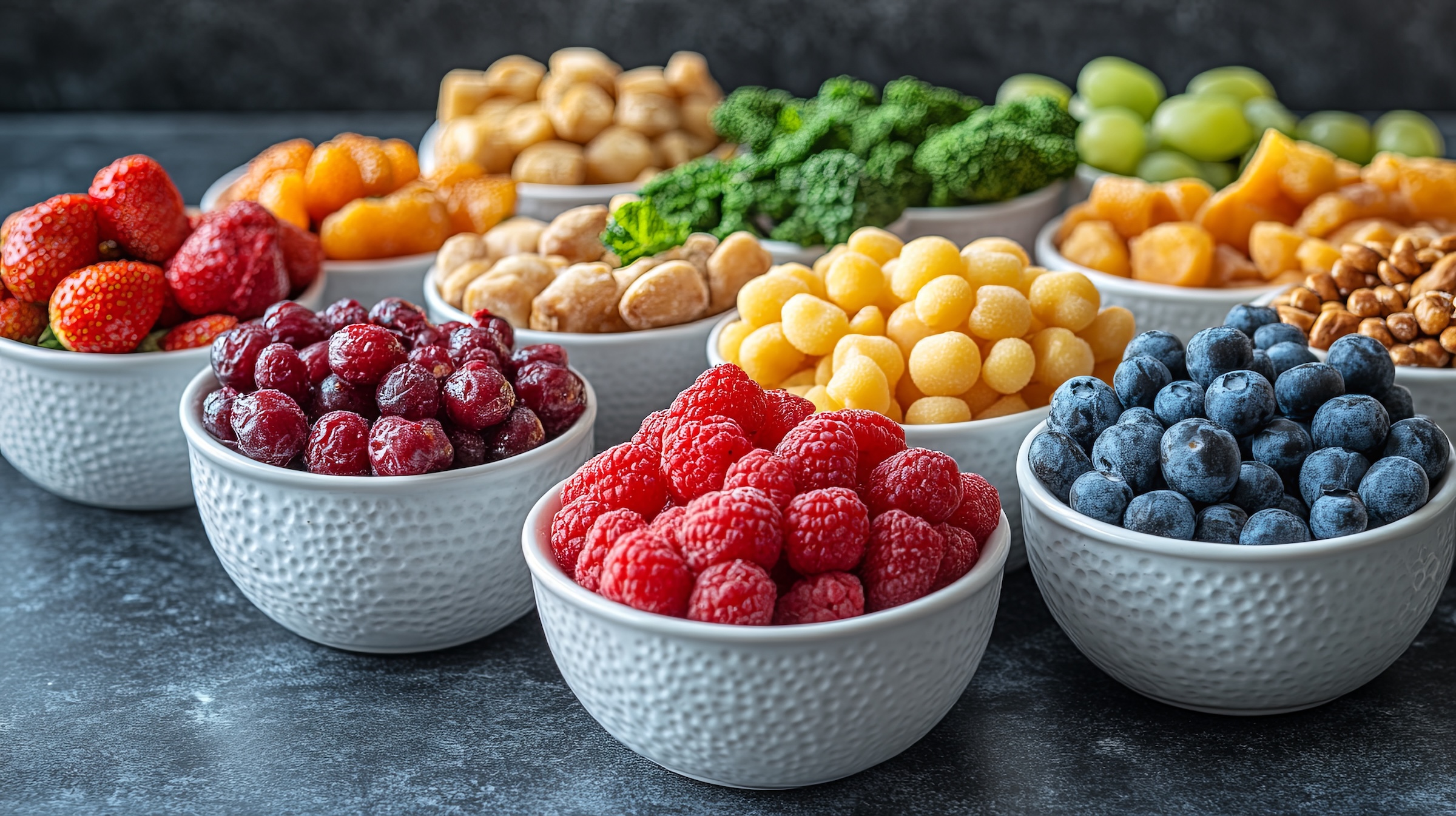
How Much Is Too Much?
The American Heart Association recommends limiting added sugars to:
- Men: No more than 36 grams (9 teaspoons) per day
- Women: No more than 24 grams (6 teaspoons) per day
- Children: Even less, varying by age
Smart Sugar Strategies
Read Labels Carefully
- Check the ingredients list for sugar aliases
- Look at the “Added Sugars” line on nutrition labels
- Remember: ingredients are listed by weight, so watch for multiple types of sugar
- Make Smart Swaps
Make Healthy Swaps
- Plain yogurt with fresh fruit instead of flavored varieties
- Homemade salad dressing instead of store-bought
- Water infused with fruit instead of sugary drinks
- Whole fruit instead of fruit juice
- Sweeten your oatmeal with banana and raisins rather than sugar
Cook More at Home
- Control your ingredients
- Experiment with natural sweetness from fruits and spices
- Gradually reduce sugar in recipes – your taste buds will adjust!
Choose Whole Foods
- Focus on vegetables, lean proteins, and whole grains
- Enjoy fruit for natural sweetness
- Keep processed foods to a minimum
Use your DinnerTime Planner and Recipe Box
- When setting up your DinnerTime Profile, choose any dietary style except No Requirements, and DinnerTime’s Meal Planner will recommend dinners with minimal added sugar. You can choose from Paleo, Heart-Healthy, DASH, Keto, Low-Carb and more.
- In your DinnerTime Recipe Box, search for “no added sugar” to find thousands of recipes without added sugar.
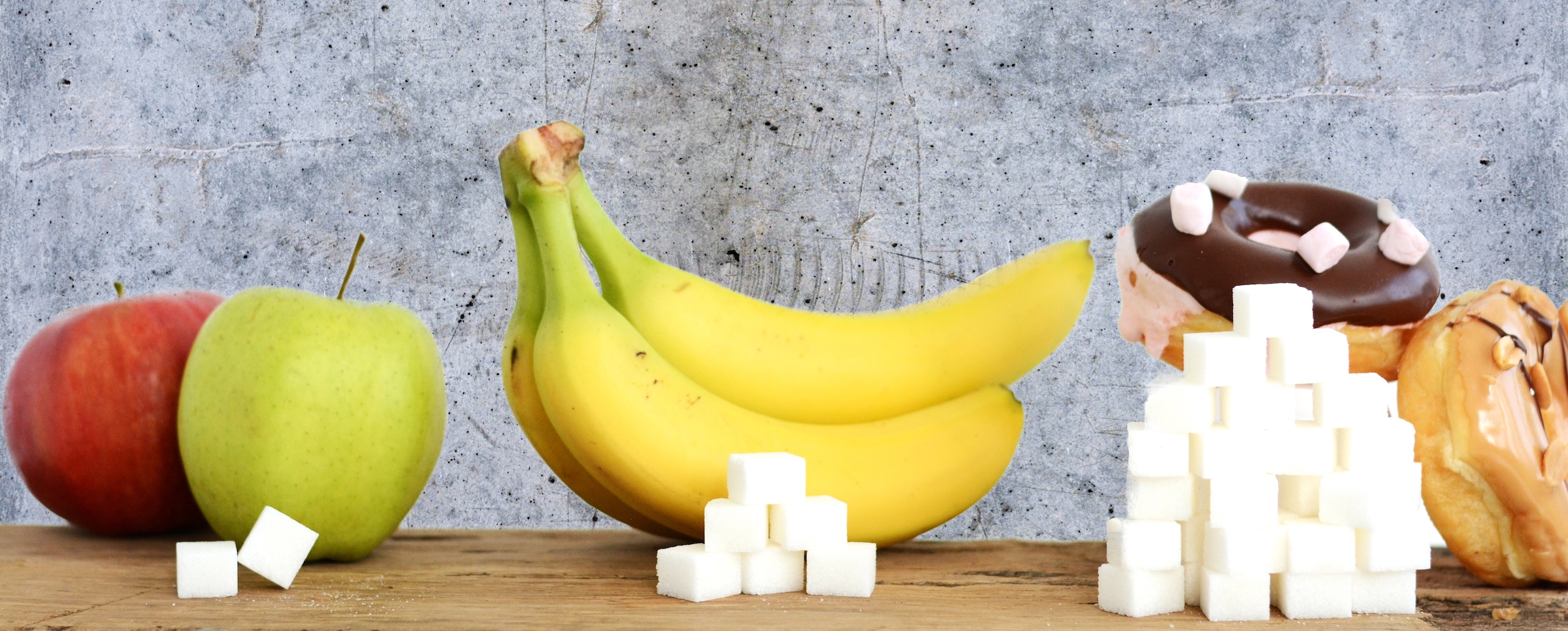
The Natural Sweet Spot
When you do want something sweet, consider these naturally sweet alternatives:
- Fresh or frozen fruit
- Sweet potatoes and other starchy vegetables
- Roasted root vegetables
- Cinnamon and vanilla for natural sweetness
- Date paste as a natural sweetener
- Mashed bananas in baking

Should We Totally Eliminate Sugar?
The short answer is no. Sugar doesn’t have to be the enemy. While excessive added sugar is harmful, outright banning all sugar is neither realistic nor necessary. Sugar is a natural part of many foods, and even added sugars can be enjoyed as part of a balanced diet. The goal is to strike a healthy balance and make mindful choices that you will enjoy!
